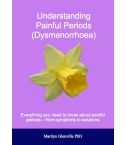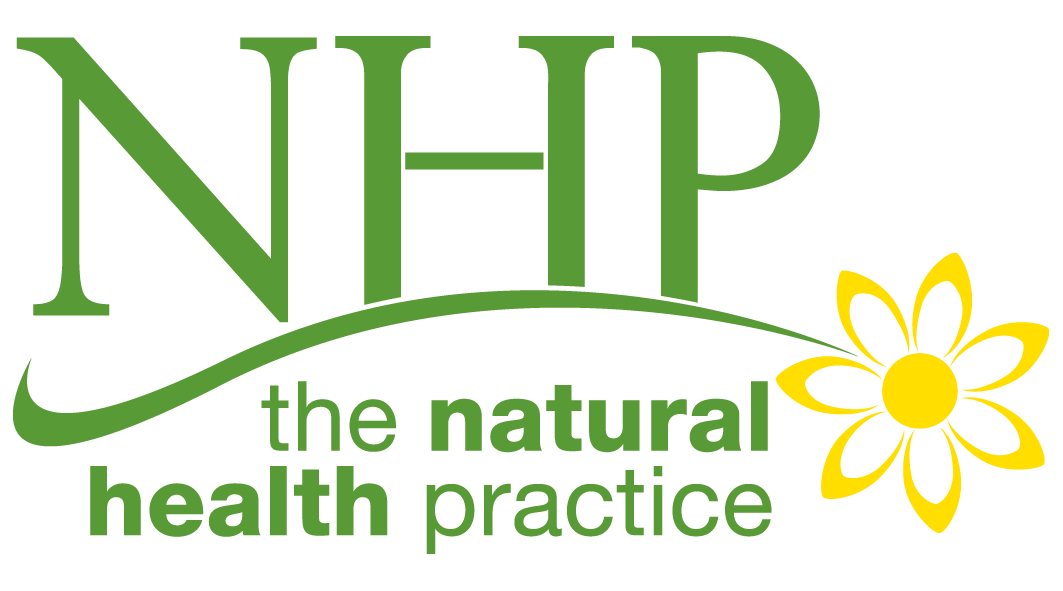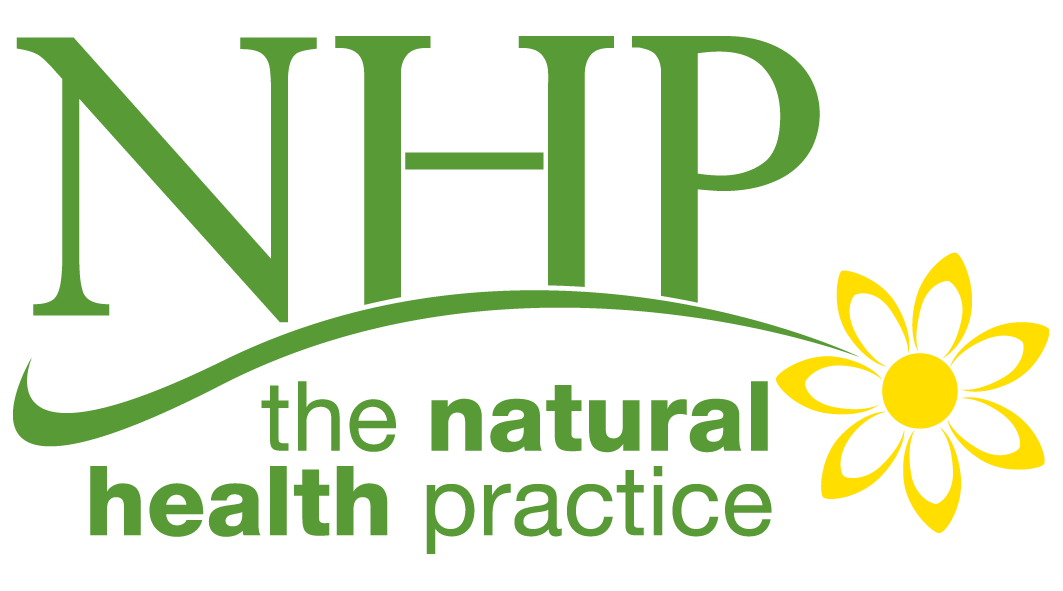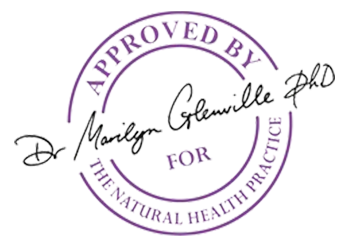Understanding PMS E-book
"Admittedly, some women sail through their cycles without a mood swing or a hint of discomfort. But they are pretty rare: PMS is estimated to affect 70 to 90 percent of women during their childbearing years. And 30 to 40 percent of women are believed to have symptoms severe enough to...
 Understanding Painful Periods (Dysmenorrhoea) E-book
Previous
Understanding Painful Periods (Dysmenorrhoea) E-book
Previous

"Admittedly, some women sail through their cycles without a mood swing or a hint of discomfort. But they are pretty rare: PMS is estimated to affect 70 to 90 percent of women during their childbearing years. And 30 to 40 percent of women are believed to have symptoms severe enough to interfere with their daily lives.
What is Pre-Menstrual Syndrome?
"This is a term used to describe any symptoms that occur after the middle of your cycle (ovulation) and disappear almost as soon as your period arrives. The crucial point is not what symptoms you experience, but when.
"Dr Katharina Dalton was the pioneering doctor who first used the term pre-menstrual syndrome. Before this time, the problems associated with the second half of the cycle were called pre-menstrual tension (PMT). When Dr Dalton began publishing her work in 1953, she realised that tension was only one symptom of what many women experienced in the weeks prior to their periods. A syndrome is simply a group of symptoms that characterise an illness, and its use was obviously appropriate in the case of pre-menstrual disturbances. Therefore, Dr Dalton changed the name from PMT to PMS, making it possible to include many more symptoms that occur at that time.
"PMS became headline news in 1981 when a woman used the diagnosis of PMS as defence in a criminal case. After an argument, this woman had killed her boyfriend by running him over with her car. She said that 'she just snapped' and the diagnosis of PMS was accepted for grounds of diminished responsibility. She was given a conditional discharge for 12 months and banned for driving for 12 months.
What are the symptoms?
"This is where things get complicated. Over 150 symptoms are now believed to form part of the syndrome, and these include:
- Mood swings
- Irritability
- Anxiety and tension
- Bloating
- Breast tenderness and swelling
- Water retention
- Acne
- Tiredness
- Weight gain
- Headaches/migraines
- Crying spells
- Depression
- Sugar and food cravings
- Constipation
- Dizziness
"The personality changes associated with this time of the month can be very severe. Indeed, some women describe a ‘Jekyll and Hyde’ change, in which they literally become a different person pre-menstrually. Most interestingly, perhaps, the majority of women are aware that their feelings and the way they think are different – even irrational – but they have no control over those feelings. Other women see everything in a negative light and will often burst into tears for no real reason while others will experience serious depression..."
When you order this e-book you will receive an extra 2 e-books ("The Foundation of Health" and "Using Natural Medicine") worth over £15 absolutely free.
| Pre-menstrual Syndrome (PMS) E-book | 1 |
| Pre-menstrual Syndrome (PMS) | 2 |
| Table of Contents | 3 |
| Disclaimer | 5 |
| Copyright | 5 |
| Pre-menstrual Syndrome (PMS) | 6 |
| What is Pre-Menstrual Syndrome? | 6 |
| What are the symptoms? | 6 |
| Types of PMS | 8 |
| Type A - Anxiety | 8 |
| Type C - Cravings | 8 |
| Type H - Hyperhydration | 8 |
| Type D - Depression | 8 |
| Risk Factors | 10 |
| What’s the cause? | 11 |
| Katherine | 11 |
| How do you know if you have PMS? | 12 |
| What treatment can you be offered by your doctor? | 13 |
| Drugs | 14 |
| The Pill | 14 |
| Danazol | 14 |
| GnRH analogues | 14 |
| Bromocriptine | 14 |
| Mefenamic acid | 15 |
| Diuretics | 15 |
| Oestrogen | 15 |
| Progesterone | 15 |
| Dydrogesterone | 16 |
| Summing up the drug approach | 16 |
| Surgical Techniques | 17 |
| What natural treatments could be effective? | 18 |
| Penny | 18 |
| Dietary changes | 19 |
| Blood sugar | 19 |
| Caffeine | 20 |
| Supplements | 21 |
| Vitamin B6 | 21 |
| Vitamin E | 21 |
| Magnesium | 22 |
| Zinc | 22 |
| Essential Fatty Acids (EFAs) | 22 |
| Herbs | 23 |
| Hormone-Balancing Herbs | 24 |
| Agnus castus (Vitex/chastetree berry) | 24 |
| Black cohosh (Cicimicifuga racemosa) | 24 |
| Dong Quai (Angelica sinensis) | 24 |
| Herbs for Water Retention | 24 |
| Dandelion (Taraxacum officinale) | 24 |
| Liver Function | 25 |
| Exercise | 26 |
| Stress | 27 |
| The Treatment Plan | 28 |
| The Integrated Approach | 28 |
| Your Supplement Plan | 29 |
| Herbs | 29 |
| In Summary | 30 |
| The Next Step | 31 |
| Other E-books in this Series | 32 |
| References | 33 |
Quality Assured
All the NHP supplements included in this programme have been given Dr Marilyn Glenville PhD's Exclusive ‘Seal of Approval
To be awarded Dr Glenville’s Exclusive Seal of Approval all NHP supplements have been formulated and personally checked and approved by Dr Marilyn Glenville PHD, the UK’s leading nutritionist specialising in natural health.
To comply they need to be in the correct form, the right dosage level and of the highest quality to ensure maximum bio-availability and absorption in order to increase their effectiveness and produce the greatest benefit and be free from all non-active and chemical excipients.
All formulations must conform to Dr Glenville’s demanding criteria:
- Only 100% active ingredients included
- In their most bio-available form to aid absorption,
No minerals in the form of chlorides, carbonates, oxides or sulphates.
Vitamin C in alkaline form rather than the acidic ascorbic acid form
Vitamin D as D3 not D2
Vitamin B6 in the active form of pyridoxal-5-phosphate and not the cheaper pyridoxine form
Natural vitamin E as d-alpha tocopherol not synthetic dl-alpha tocopherol - Free From: gluten, dairy, yeast, artificial flavours, colours, additives, preservatives, added sugar, sweeteners, benzoates, maltodextrin, nuts and nut traces and soya* *(except Meno Herbal Support, Advanced Brain and Memory Support and Advanced Hearing Support)
- Free From - fillers, binders, anti-caking agents, lubricants eg magnesium stearate, titanium dioxide, talc, calcium hydrogen phosphate dehydrate, stearic acid.
- Contained in vegan* capsules - no bovine gelatine used
*(excluding Omega 3 Support and Advanced Marine Collagen Support which are in vegetarian capsules) - No genetically modified organisms (GMOs)
- Registered with the Vegetarian Society*
*(excluding Omega 3 Support and Advanced Marine Collagen Support which are in vegetarian capsules) - Registered with the Vegan Society*
*(excluding Omega 3 Support and Advanced Marine Collagen Support which are in vegetarian capsules) - Kosher and Halal approved
- Omega 3 fish oil. High Strength made from wild deep-sea fish and from the body of the fish not the liver. In natural triglyceride form. Screened for contaminants. Frends Of The Sea certified
- Manufactured, batch tested and certified in the UK
- Contained in glass bottles for easy recycling
Thanks to Dr Glenville’s 30+ years’ experience and stringent quality control checking procedures, you can be confident that any product with Dr Glenville’s Exclusive ‘Seal of Approval’ is effective, safe and healthy for you to use.
Does all this really make a difference?
When you take vitamins, minerals, and herbs, you aim to give your body the tools to heal itself and maintain good health.
Unfortunately, many supplements nowadays contain unnecessary and potentially harmful substances, making your body work harder to eliminate them.
You may not realise that they can be full of ‘nasties’ - non-active ingredients - like, fillers, bulking and anti-caking agents, disintegrants and lubricants.
These chemicals are in there to help the manufacturing process flow through the machines.
Good for the machines maybe but certainly not good for your body.
If your body expends energy dealing with these substances, it may divert energy from other areas essential for maintaining or restoring good health, potentially causing additional health problems and low energy.
It's crucial that the vitamins, minerals, and herbs you consume contain only the highest quality ingredients possible and are Free From all nasties.
Not all supplements are made equal, and knowing what to look for is important.
Sounds daunting doesn’t it?
But don’t worry because, if you don’t have the time or inclination, (or a degree in chemistry), to go round reading labels on every pot of vitamins or minerals, Dr Glenville has already done the work and scrutinised the labels for you.
And only when she is completely satisfied that the products are Free From all the ‘nasties’ and in their most bio-available form and at the highest safe dosage level will she award it her ‘Seal of Approval’.’.
You can rest assured that all NHP supplements have Dr Glenville’s exclusive ‘Seal of Approval’ and are safe, effective and healthy for you.
If you would like more help and guidance please email one of our nutritionists, who will be pleased to recommend an appropriate course of action for you, by clicking the button below:





